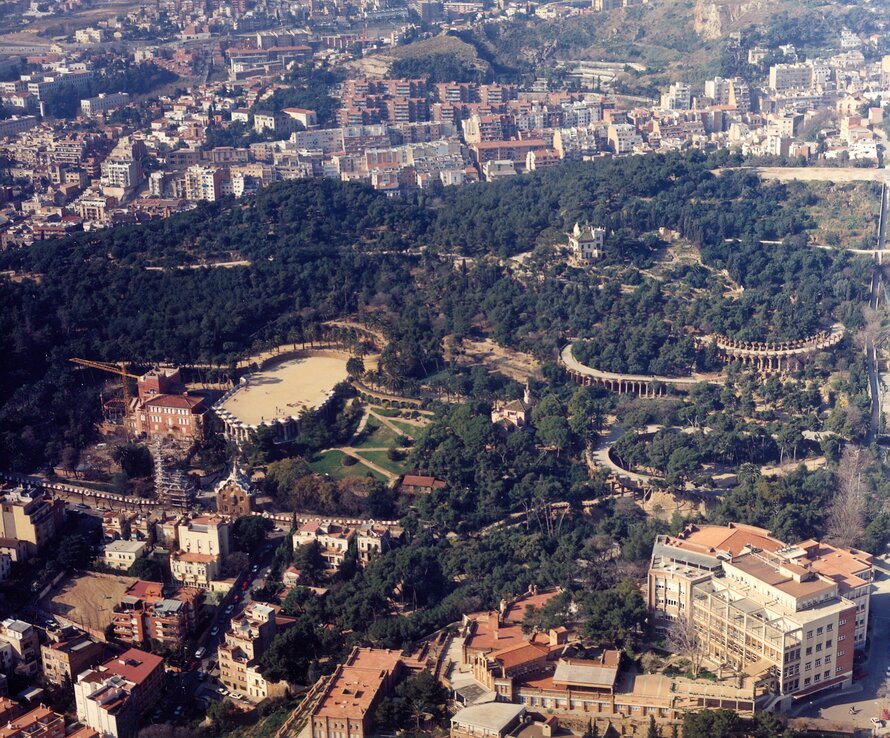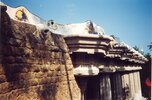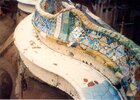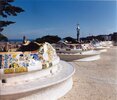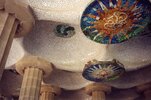Restoration of Park Güell by Antoni Gaudí, Barcelona
The Güell Park was a designed by the Catalan architect Antoni Gaudi and created between 1904 and 1908. It achieves a singular symbiosis between Architecture and Nature, having been declared a National Monument in 1969, and Patrimony of Humanity by the UNESCO in 1984. It has been ...
Read more
Project details
| Title: | Restoration of Park Güell by Antoni Gaudí, Barcelona |
|---|---|
| Entr. year: | 1995 |
| Result: | Diploma |
| Country: | Spain |
| Town: | Barcelona |
| Category type: | architectural heritage |
| Notes: | Parque Güell has been listed by UNESCO as a World Heritage Site since 1984 |
| Building type/ Project type: | Sports, leisure and well-being building/structure |
| Former use: | Leisure park |
| Actual use: | Leisure park |
| Built: | 1904-1908 |
| Architect / Proj.leader: | Antoni Gaudí, Architect , José A. Martínez Lapeña, Elías Torres Tur, Architects (Barcelona - ES) |
| The Jury's citation: | "For the thorough and very intricate restoration of Güell Park, created by the famous architect Gaudi" |
| GPS: | 41°24'52.2"N 2°9'9.7"E |
| Web, Links: | www.parkguell.cat/en/ |
Description:
The Güell Park was a designed by the Catalan architect Antoni Gaudi and created between 1904 and 1908. It achieves a singular symbiosis between Architecture and Nature, having been declared a National Monument in 1969, and Patrimony of Humanity by the UNESCO in 1984. It has been restored on a number of occasions over the last 30 years, mainly due to problems associated with rainwater disposal, but it is hoped that the present thorough restoration undertaken on behalf of the Spanish Ministry of Culture between 1987 and 1994 will assure the survival of this singluar monument well into the next century. The situation of the Park prior to the undertaking of this work was of advanced decay of metal structures and ceramic cladding, with the penetration of rainwater into structures, particularly the Sala Hipostila, and erosion damage and wear to the ceramic features . The Official Architects' Society of Catalonia drew up a report in October 1985, analysing the pathology of the constructions, and this was the basis of subsequent work. While the geometry of Gaudi' s creations was respected, they were consolidated and reinforced. With the assistance of the Museo de Ceramica de Cataluna {Ceramic Museum of Catalonia ), the decayed ceramic work was replaced where necessary, including areas replaced in a previous restoration, when an inappropriate type of ceramic had been used.
Similar projects
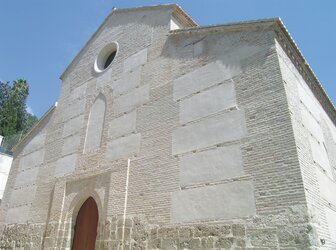
16th-19th century
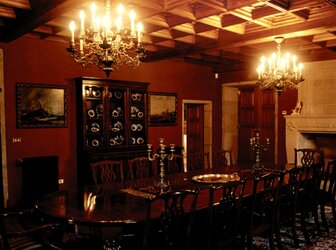
14th century
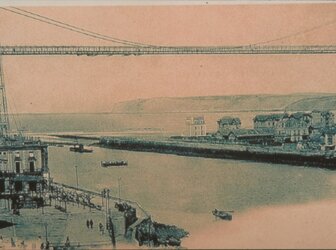
19th century
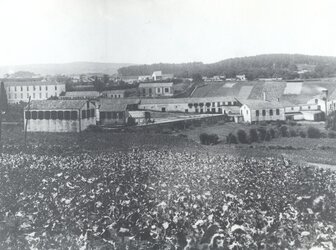
18th century

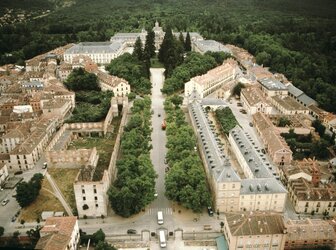
18th century
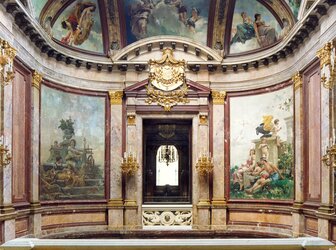
19th century

16th century
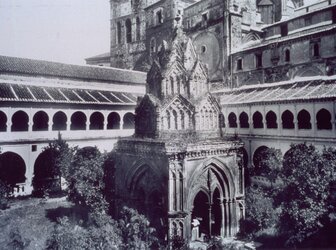
14th century
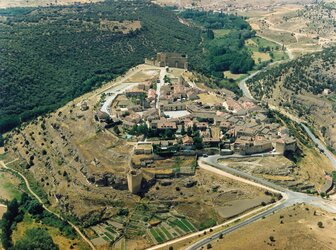
12th century
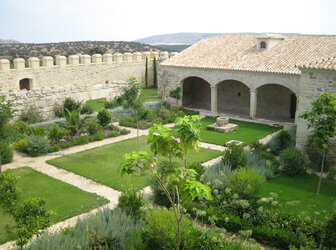
15th century
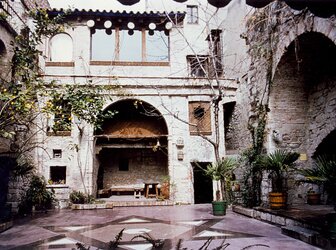
9th century
